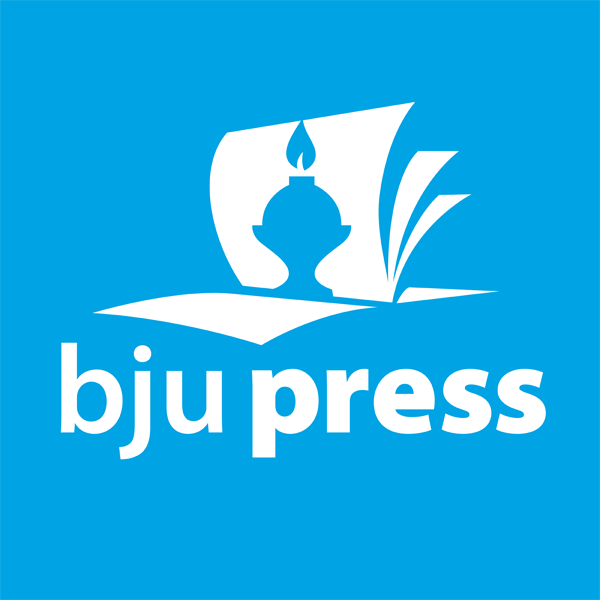We believe that textbooks should teach critical thinking.
What is “Critical Thinking”?
Nearly everyone in educational circles uses the term “critical thinking”—in fact, it is so commonly used that it has become almost meaningless. Just what is critical thinking—and what is it not?
Let’s start with what it is not. Although many educators use test scores, grades, and fact-recall activities to gauge educational excellence, none of these truly measure critical-thinking skills. All education consists of two essential elements: subject matter (“what to think”) and the correct way to understand and evaluate the subject matter (“how to think”). Memorization is key to the first element. Critical thinking is key to the second.
In short, then, critical thinking is analyzing and evaluating thinking with the goal of improving it. According to the Foundation for Critical Thinking (found at criticalthinking.org), it is “that mode of thinking—about any subject, content, or problem—in which the thinker improves the quality of his or her thinking by skillfully analyzing, assessing, and reconstructing it.”
Thinking critically is thinking in order to evaluate. It means making reasoned judgments. It is using criteria to judge the quality of something. And its ultimate goal is further improvement of thinking skills.
Critical thinking goes hand-in-hand with creative thinking. Sound creative thinking requires both the intellectual discipline to judge and evaluate and the originality and productivity to create.
Why Should Christians Be Concerned with Thinking Critically?
The God of the Bible is a God of reason and order. God asks us to know truth (Ps. 46:10), but He also wants us to understand truth (Luke 24:45).
Both knowing and understanding are key. But beyond both knowledge and understanding, is the quality of discernment (judgment or evaluation) that distinguishes the godly from the ungodly (1 Cor. 2:14–15).
The Role of the Textbook in Teaching Critical Thinking
Of course, a textbook provides the factual base for studying a subject. But its worldview, its methods of teaching, its depth of content, and its literary quality should promote critical and creative thinking that is foundationally biblical.
Textbook content clearly plays an important role in what the teacher teaches, but the teacher’s edition of the textbook should offer help in promoting good thinking skills. That is why Teacher’s Editions from BJU Press provide you with key questions for discussion, discovery activities that complement your unique teaching style, and suggestions for writing (and other creative outlets) for using critical-thinking skills.
